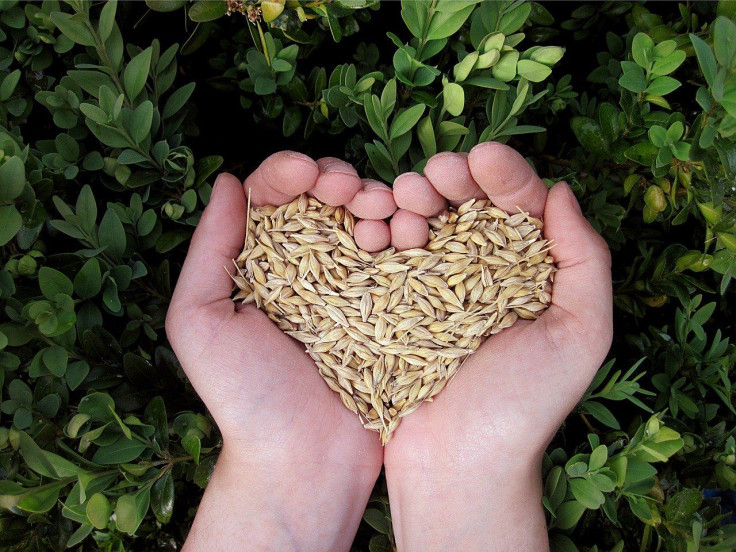National Grain-Free Day 2021: Why We Go Gluten-Free For The Occasion
KEY POINTS
- National Grain-Free Day is a time to go grain-free for an entire day
- People can try out new grain-free diets on the day
- Grains are important for a healthy diet, but some people can't eat them
Sunday marks the National Grain-Free Day. As part of it, friends and families can come together for a whole day dedicated to eating only grain-free meals, from appetizers to snacks and dessert.
This was started by Siete Family Foods in 2019. But what's the purpose of this simple event? According to National Day Calendar, it is an occasion for people to be with their loved ones who cannot eat grains such as wheat, corn or rice, whether it's because of an allergy or an autoimmune disorder.
The National Grain-Free Day is also observed to raise awareness about the difficulties of having dietary restrictions.
"(W)hat we truly miss are the traditional family meals and feeling included," National Today said.
To celebrate the occasion, people can try new grain-free recipes and cook them together with their loved ones. One can also use the hashtag #NationalGrainFreeDay on social media to raise awareness.
Why some people need to have a grain-free diet
Although grains are important to have a healthy and balanced diet, there are people who can't eat them. Wheat is a type of grain, but it is also among the eight types of food items that account for 90% of all allergic reactions, along with peanuts, eggs and shellfish, the American College of Allergy, Asthma & Immunology (ACAAI) said. This is why someone who is allergic to wheat should avoid it, whether in food or non-food products such as Play-Doh or some cosmetics.
Apart from an allergy to wheat and other grains, there are also other conditions that require a person to avoid grains.
For instance, the immune systems of people with celiac disease react to the gluten found in wheat, rye, barley and oats, causing gastrointestinal issues, the Grains & Legumes Nutrition Council (GLNC) of Australia explained. Since grains are some of the main dietary sources of gluten, people with the condition should avoid them.
Some people show intolerance to certain foods such as grains even though they're not allergic. The reaction causes symptoms such as mouth ulcers, headaches and bloating. The mechanisms behind the intolerance, however, remain unclear, the GLNC said.

© Copyright IBTimes 2025. All rights reserved.






















